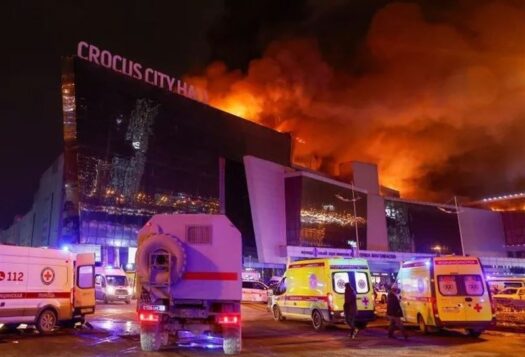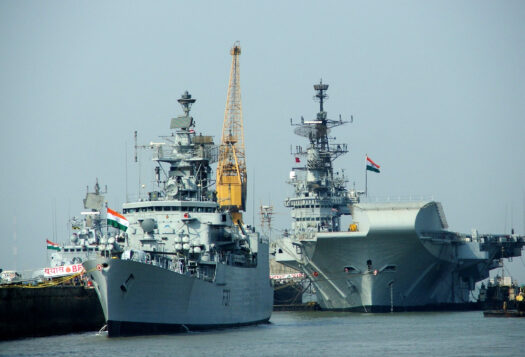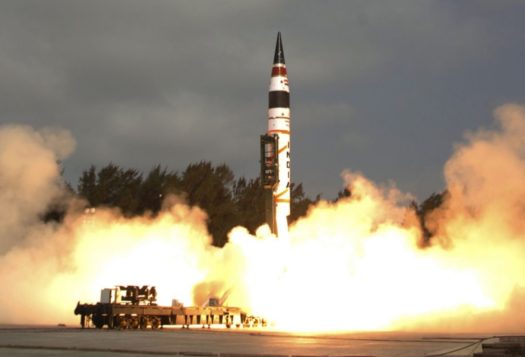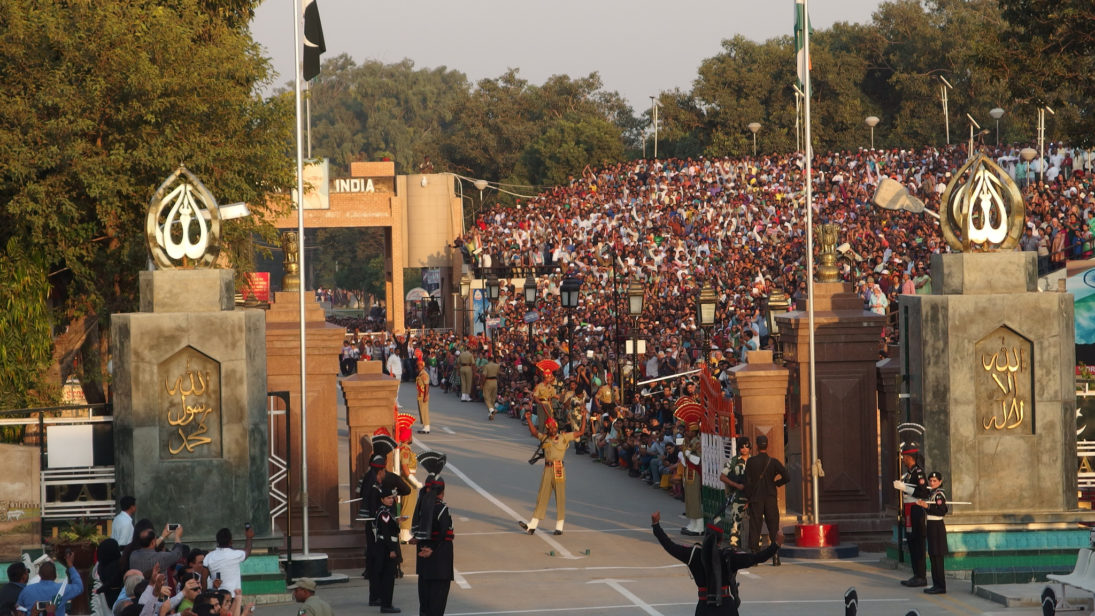
On February 14, a convoy of vehicles transporting Indian security forces from Jammu to Srinagar was attacked by a suicide bomber driving a vehicle rigged with explosives, killing at least 40 Central Reserve Police Force Reserve (CRPF) personnel. Jaish-e-Mohammad (JeM), an Islamist terrorist organization based in Pakistan, claimed responsibility for the attacks. The Indian military alleged that Pakistan’s Inter-Services Intelligence (ISI) had control over the perpetrators of the attack but Pakistan has denied these accusations, reiterating that JeM is banned in Pakistan. Responding to mounting tensions between the two nuclear neighbors, Prime Minister Imran Khan said Pakistan is willing to cooperate on “actionable intelligence” with India and to “take action” if India provides proof that a Pakistani is involved. However, the Pakistani establishment is concerned that India may be thinking of responding to the attack with militarily. The Pulwama attack, like past military crises, started with a triggering event of terrorism. However, it is gradually turning into a serious strangulation of Pakistan, which makes it different from previous stand-offs. India seems to be diplomatically isolating Pakistan on the world stage so that no international interference can intervene to cease India’s exercise of military options. This article captures Pakistan’s perceptions of this crisis and its potential response in case the crisis escalates.
Pulwama:The View from Pakistan
The widely-held perceptions in Pakistan about the Pulwama attack are two-fold. Firstly, the establishment and their supporters seem to believe that the attack was a “false-flag operation” by India that came just before India’s general elections in May this year because the ruling Bharaitya Janata Party, due to its waning popularity in the state elections, needed a reason to stand firm on Kashmir and exploit anti-Pakistan sentiment for electoral gain. Prime Minister Imran Khan seemed to ascribe to this perception when in his speech he questioned why Pakistan would indulge in such a misadventure when it was hosting the Crown Prince of Saudi Arabia on a state visit followed by an investment conference. Secondly, most Pakistanis view the Pulwama attack as a homegrown backlash against Indian atrocities in Kashmir. The attacker Adil Ahmed Dar was from Indian-administered Kashmir who joined JeM last year after humiliation and harassment meted out to him by Indian security forces. Dar’s association with JeM is being seen as a terrorist act borne of disaffection with the Indian state and not as cross-border terrorism sanctioned by the Pakistani establishment. Many are also pointing to a statement made by Lt Gen D.S. Hooda, formerly the head of India’s Northern Command, in which he acknowledged that “it is not possible to bring such massive amounts of explosives by infiltrating the border.” No matter whether these perceptions are right or wrong, they reflect Pakistan’s denial of harboring groups like JeM and Lashkar-e-Taiba and not paying much heed to revisiting its jihad policy.
TheAftermath: How Effective is India’s Response?
So far, India’s response to Pulwama has been multifaceted, largely focusing on putting financial and diplomatic pressure on Pakistan despite considering punitive yet proportionate military options. Soon after the attacks, India withdrew the Most Favored Nation (MFN) status it had granted Pakistan in 1996. The withdrawal of this status means India can appreciate the costs of customs duties on goods from Pakistan. However, the implications of this withdrawal are not that grave, as the volume of India-Pakistan bilateral trade is already meager. According to the World Bank, India-Pakistan bilateral trade is currently a mere $2 billion. In addition, Pakistan’s economy is mostly dependent upon foreign exchange of the expatriates. However, it will certainly affect Pakistan’s credit ratings for loans, which has already been downgraded to B-negative.
Further, India’s Ministry of External Affairs (MEA) pledged to take substantive measures to internationally isolate Pakistan, starting with trying to blacklist Pakistan in the Financial Action Task Force (FATF) meeting in Paris this month. India’s plea was that Pakistan is not taking effective measures to curb terror financing and its efforts were to try to limit the supply of military equipment to Pakistan for counterterrorism. The meeting ended with Pakistan remaining on the grey list for now but a warning that its compliance on curbing terror financing would reviewed again in June. Also, a statement after a United Nations Security Council meeting called on India’s request strongly condemned the Pulwama attack and named JeM as the perpetrator. However, there are certain limits to this isolation strategy because Pakistan is currently an investment opportunity for China and Saudi Arabia. In fact, earlier this week, Turkish President Tayyip Erdogan confirmed his visit to Pakistan in March to discuss investing more in the country. Moreover, the United States’ exit strategy from Afghanistan and peace plan with the Taliban may still need Pakistan in the short term. Though the United States offered support to India by condemning the Pulwama attack and asking Pakistan to deny safe havens to terrorists, President Trump called on both sides to keep calm. In this author’s assessment, the United States would not support a military response from India against Pakistan outright with Washington preferring to keep distance from this crisis at the moment.
On the political and diplomatic fronts, Pakistan’s clout is minimal to counter the Indian campaign to declare it a state sponsor of terrorism. However, Pakistani diplomats and officials are vigorously highlighting Indian military action against civilians in Kashmir at different international forums, such as the United Nations. This diplomatic face-off between the two countries could aggravate bilateral tensions even further, creating more roadblocks for political dialogue.
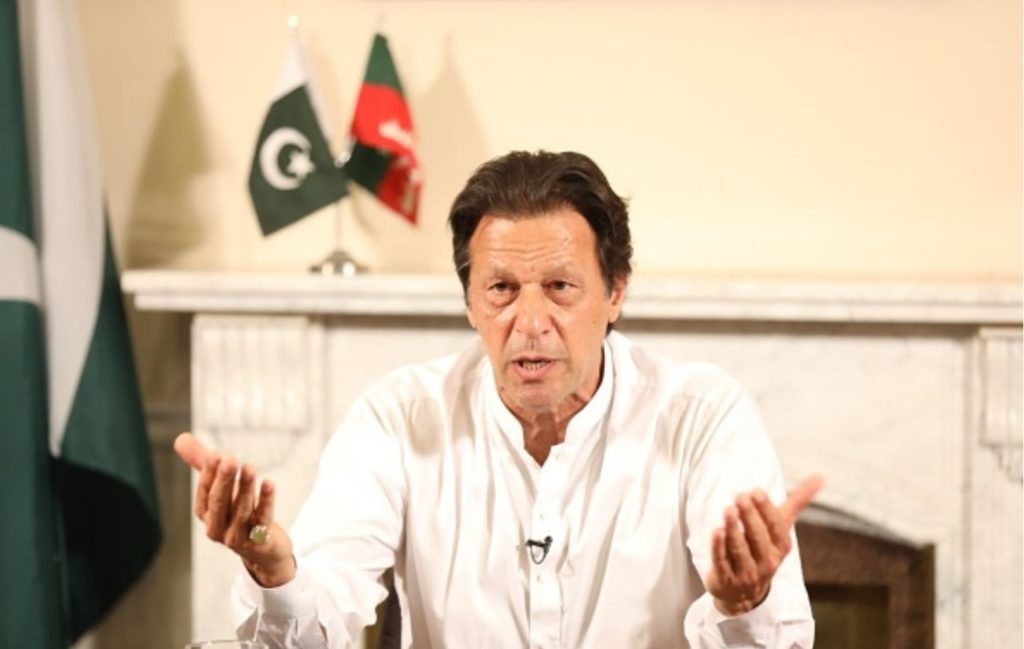
Howwill Pakistan React?
Pakistan’s response against any Indian military provocation may get escalatory. According to the doctrine put forth by Pakistan Chief of Army Staff Qamar Bajwa: “if provoked, threatened or pressurized, [Pakistan] will show its full muscle power to the enemy to prove its strong commitment to the motherland.”
After the Uri attacks, Pakistan denied that the Indian “surgical strikes” ever happened, and this strategy cannot be used again since the Indian army chief asserted that India had “call[ed] [Pakistan]’s nuclear bluff.” The challenge for Pakistan’s policymakers is to strategize a response that is aggressive yet proportionate enough not to trigger all-out escalation. The possible response from Pakistan is more likely to be covert and confined to sub-conventional war options. Pakistan would not up the ante, leading to the outbreak of a conventional war. If India decides to go for aerial strikes, Pakistan’s high-end military response would be tit-for-tat, and may involve aerial strikes targeting Indian posts across the Line of Control followed by limited military infiltration. Another possibility is of covert operations in the Valley by taking advantage of Kashmiri anger on the ground because covert operations cannot be responded to with first-hand military response due to the denial factor.
Thereis no reason why the Pakistan military would not respond to Indian militaryaction because of two key factors: 1) Pakistan’s civilian and militaryauthorities are aligned on major policy decisions at the moment and Khan’sgovernment would not go the extra mile to resolve tensions with India until thearmy deems it essential. Khan has already been burnt by the cancellation of theforeign ministers talks between the two countries on the sidelines of theUnited Nations General Assembly last year. 2) Fading United States-Pakistanrelations and losing political leverage of the U.S. administration on the Pakistanmilitary has reduced to be able to de-escalate tensions with India. Thesuspension of military aid means there is no reason for Pakistan to acquiesceto U.S. demands to exercise restraint.
Official denial by Pakistan of harboring JeM is not enough to de-escalate growing tensions with India. Pakistani authorities are in testing times again to decide if silence on Masood Azhar is harming Pakistan’s national interests or benefiting hybrid warfare.
***
Image 1: Guilhem Vellut via Flickr Images (cropped)
